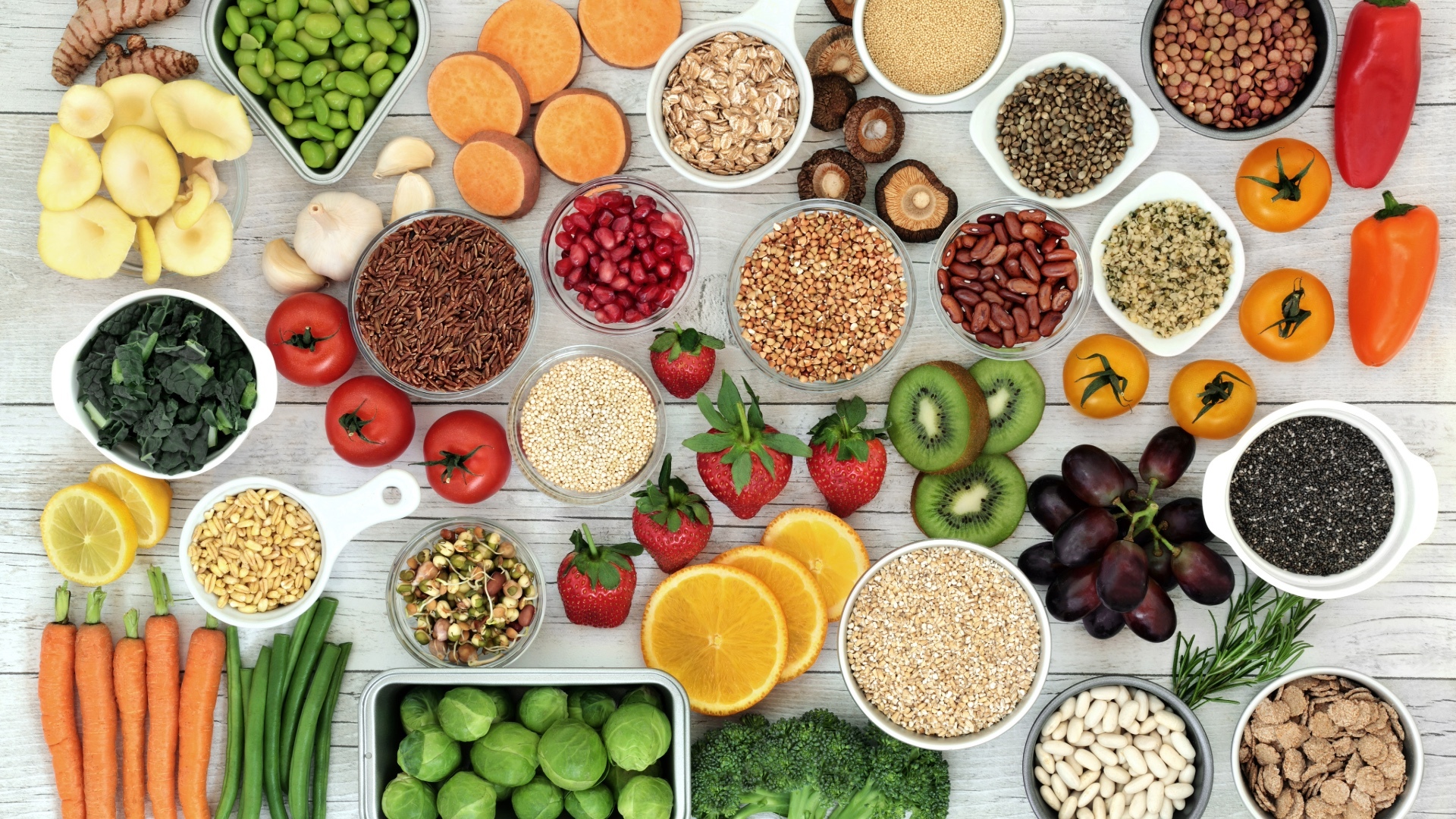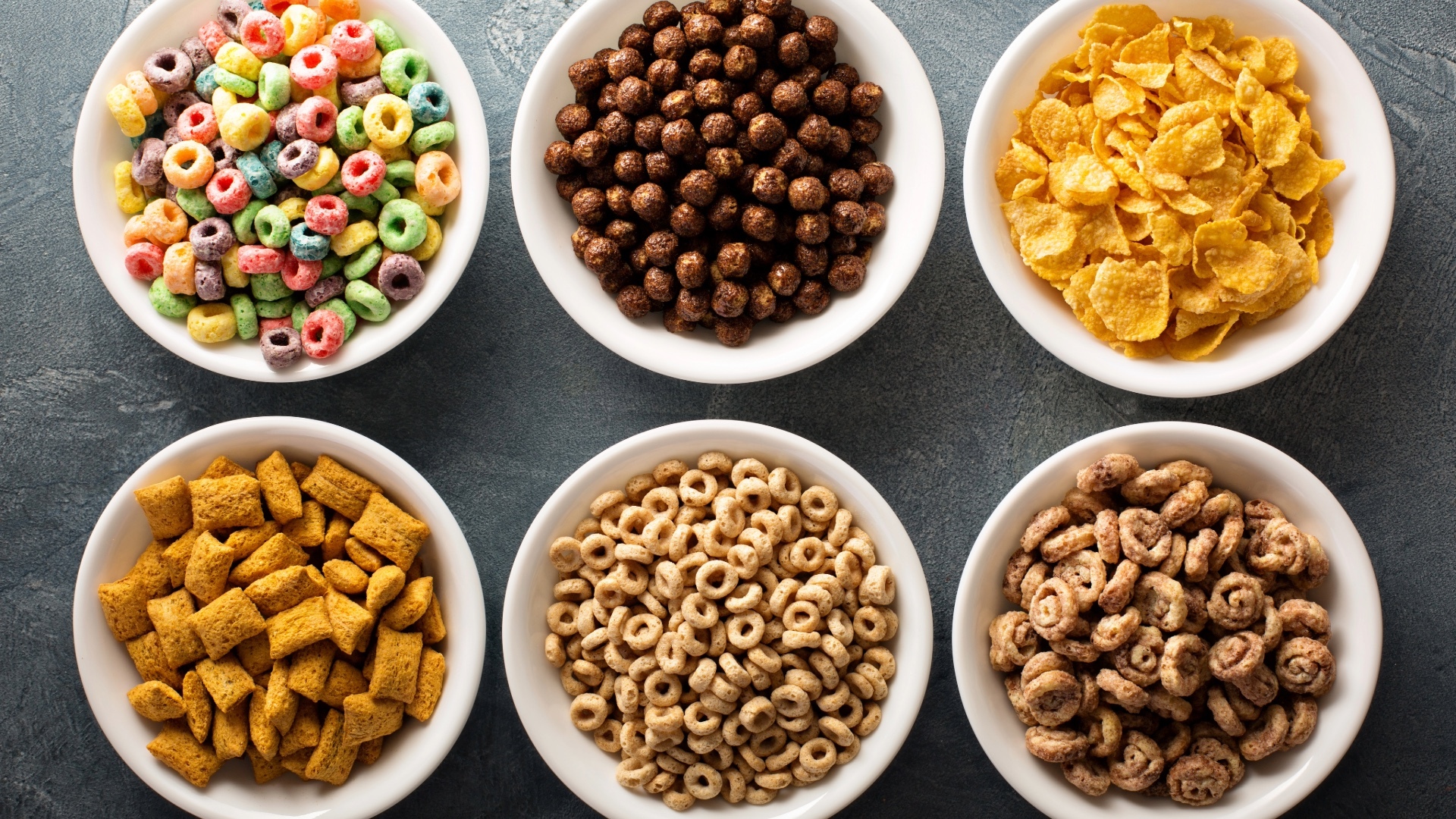How the rise of ultra-processed foods could reshape customer expectations
Posted by Stelios on 21st Nov 2025 Reading Time:
Ultra-processed foods are now firmly on the agenda for scientists, governments and the wider food industry. For businesses in hospitality and the fish and chip sector, understanding the conversation is becoming essential. It affects future regulation, customer health expectations, menu development and public trust.
The latest Lancet Series pulls together more than a decade of global evidence to show how diets high in ultra-processed foods are reshaping health outcomes, food culture and even entire food systems. Alongside this, the EAT–Lancet Commission highlights the environmental pressures of today’s food production, and widespread reporting, including by the BBC, shows how these findings are gaining public attention.
This article brings the research into one practical guide for owners, operators, chefs and decision-makers.
What counts as an ultra-processed food?
According to the NOVA food classification system, ultra-processed foods are not simply foods that go through any form of processing. They are industrial formulations made from ingredients extracted from whole foods, combined with additives such as colourings, flavours, emulsifiers and sweeteners. They contain little or no recognisable whole food.
| Unprocessed/ Minimally processed |
Processed ingredients |
Processed | Ultra- processed |
| Eggs | Oils |
Cured & cooked meats |
Supermarket bread |
| Fruit & Vegetables | Sugar | Cheese | Ready meals |
| Milk | Salt | Bread | Carbonated Drinks |
| Meat | Butter | Salted Nuts | Crisps |
While some products, such as fortified cereals or flavoured yoghurts, may still offer nutritional value, researchers emphasise that harm comes from the overall dietary pattern rather than one item alone. A diet dominated by ultra-processed foods tends to replace meals made from whole or minimally processed ingredients.
What the evidence shows
1. Diets high in ultra-processed foods are linked to multiple chronic diseases
Across more than 100 prospective studies, researchers found consistent associations between high consumption and increased risk of obesity, type 2 diabetes, cardiovascular disease, kidney disease, depression and higher mortality.
A comprehensive review covering 104 long-term studies reached similar conclusions, suggesting that ultra-processed foods are linked to at least 12 adverse health conditions.
2. The issue is global and growing
In many high-income countries, ultra-processed foods now make up around half of all household calories. Sales are rising especially fast in low- and middle-income countries as global food corporations expand their reach.
Across many parts of Asia, Africa and Latin America, ultra-processed foods are becoming a much larger part of people’s diets. Growth is strongest in categories such as ready meals, sweet snacks and reconstituted meats, showing how quickly consumption patterns are changing as these products become more widely available and aggressively marketed.
3. Why these foods drive overconsumption
Evidence from controlled trials shows that people tend to eat more calories when consuming ultra-processed foods, even when meals are matched for nutrients. Factors identified include:
• higher energy density
• softer textures that require less chewing
• faster eating speeds
• hyper-palatable combinations of sugar, fat and salt
• additives that enhance flavour and mouthfeel
One NIH trial found participants consumed about 500 extra calories per day on an ultra-processed diet compared with a minimally processed one.
Why hospitality and fish and chip operators should care
Customers are becoming more aware
The BBC notes that public interest is rising, fuelled by clear language around “ingredients you would not find in your kitchen”, such as emulsifiers, preservatives and dyes.
Customers increasingly want to understand what they are eating, where it comes from and how it affects their health.
Regulation is coming
The Lancet Series calls for governments to introduce:
• mandatory front-of-pack warning labels
• restrictions on marketing to children
• higher taxes on ultra-processed foods
• limits on UPFs in schools and public institutions
Countries including Chile, Mexico and Brazil have already acted with strong labelling laws and school food standards. These are presented with detailed case studies in the policy-focused second paper. Hospitality will be next.
Supply chains may shift
The EAT–Lancet Commission points out that food systems already breach several planetary boundaries, and much of this is linked to industrial agriculture used to produce UPF ingredients.
Future policy could favour suppliers offering whole foods, minimally processed ingredients and lower-impact production.
Competitive advantage lies in freshness
Independent fish and chip shops and restaurants already have a natural strength: freshly prepared dishes based on whole foods. As attention grows around processing, this becomes a selling point.
Operators who can clearly communicate natural ingredients, quality oils, responsibly sourced fish, and simple, honest cooking will be ahead of the curve.
The influence of major global corporations
The third Lancet paper goes further, explaining how powerful transnational companies have shaped diets through aggressive marketing, political lobbying and a business model built on cheap commodity ingredients.
That model has made ultra-processed foods highly profitable, leading to rapid expansion, especially in emerging markets. Advertising budgets for major brands now exceed the operating budgets of some public health agencies.
Understanding this helps hospitality leaders recognise why ultra-processed foods have become so widespread, and why the shift toward fresher, simpler food requires deliberate action across the supply chain.
What this means for your business
1. Expect more customer questions - Customers may ask about additives, preservatives, or ingredients. Providing clear information will build trust.
2. Use whole and minimally processed ingredients as a point of difference - Fresh potatoes, real fish, quality batter and oils are already core to fish and chip shops. These become even more valuable as customers look for simpler food choices.
3. Keep an eye on regulation - Changes to labelling, marketing and taxation could affect suppliers and product ranges. Menu planning may benefit from shifting away from highly processed items where possible.
4. Consider the wider narrative - Hospitality businesses can appeal to families and communities by emphasising transparency, fresh preparation, local sourcing and real cooking traditions.
The direction of travel
The collective message from researchers is that the rise of ultra-processed foods is not inevitable. The Lancet argues for a coordinated global response to rebalance food systems toward health, equity and sustainability.
For hospitality leaders, this is an invitation. The industry has always adapted to changing tastes, science and expectations. With consumer interest increasing, and scientific consensus strengthening, the opportunity now lies in reclaiming the value of simple, recognisable, carefully prepared food.
Whether serving fish and chips, pub favourites, or café meals, the businesses that lean into freshness, quality and transparency will be best placed to thrive.








